Amazon is charging users 99 cents to skin the standard parts of its voice experience with a celebrity voice. As we close out this decade, we can see a parallel between these early voice experiences and the beginning years of one of the most successful social media apps of all time: Instagram.
Filters—whether photo filters or voice skins—begin as a bolt-on and a novelty. But imagine where they’re headed.
Think rich, contextual voice experiences.
Hear this podcast in your favorite app:
Similar to what Google Assistant has done, Amazon is now giving customers the option to hear some familiar voices in addition to Alexa’s default voice. Today the company kicked off its celebrity voice program, and it’s starting with Samuel L. Jackson. - The Verge
Enjoy this mini episode! Our regular interview format will resume in January 2020. Find out when:
Want more, but less?
Get bite size news and insights in 1-3 minutes a day on Alexa or your podcast app:
Voice Marketing with Emily Binder
Finalist for Flash Briefing of the Year Award

















